Elaine Carvalho
Participant highlighted the most important training for Halal auditors working in Brazil
FAMBRAS Halal's quality manager, Elaine Franco de Carvalho, brought an important reflection to CTec Halal: what training courses do Halal auditors working in Brazil consider to be most important? She studied the topic in depth over the course of a year, while completing her Final Project for the MBA in Human Resources Management at USP-Esalq. Below, Elaine talks more about the work.
Elaine, what led you to choose this theme for your work? What was your intention with it?
Currently, all standards related to Halal certification, with regard to the profile of auditors, are international and established by countries with an Islamic majority. Therefore, I would like to make a comparison and understand whether, for Brazil, the training needs would be the same, considering that it is a country with an Islamic minority.
Thus, with this result, it would also be possible to create an effective training program with the profile of Halal auditors in Brazil.
The work required research. Can you tell us how this process came about?
The work was developed over the course of a year. Theoretical research was conducted to provide a basis for the topic of training and Halal. Next, I conducted research with Brazilian auditors on their perception of the training. Finally, the data was analyzed by comparing the theory with the results obtained. A proposal was then made to create an effective training program for the profile of the Brazilian Halal auditor.
Your research revealed which trainings respondents consider most important, with the top three being Religious Training; Halal Concepts and Standards Training and tied Audit Training (score 74.2) and Product Safety Training (score 74.2). Did anything surprise you?
Not really, because I already expected that, due to the fact that Brazil is a country with an Islamic minority, the need for religious training would be paramount. And knowledge of Halal standards is also extremely relevant. I confess that I was happy to notice that auditors also have this perception, since there are several discrepancies between Halal standards that auditors need to know in order to guide themselves in their day-to-day activities.
The topic of product safety is something that is already part of the academic background of technical auditors, since, to be a Halal auditor, you need to have higher education in the area of activity, thus justifying the third place.
Did the research point out what auditors feel is missing? Or points for improvement that should be considered by Halal certification bodies operating in Brazil?
In fact, I would say that the work is an indication of how Halal certification bodies in Brazil should establish their training programs, that is, which trainings need to be carried out more frequently - for example, religion - and which can be more spaced out, such as management system standards.
Having an effective training program that is compatible with the company's reality is fundamental for its positioning in the market, development and even customer satisfaction, in this case, their perception of the Halal audit service provided.
Elaine, you are a professional in the Halal market who works in a more technical area. What would you say to professionals who also want to work in this market?
I would say that it is a surprising and little-known market in Brazil. I encourage everyone to seek more information about the Halal concept, the market, and take this to their companies.
Brazil is currently the largest exporter of Halal food in the world and only a few companies participate in this market. Therefore, if this concept becomes more widespread and other people convince the industries they work in to also be part of the Halal sector, the impact would be even greater!
Why did you decide to bring this topic to CTec Halal? What is your assessment of the event?
Because the conference was to talk about scientific work on Halal and, as I had already developed it, I took the opportunity to present it. I really enjoyed the event and I'm already thinking about my next work for 2025!
Is there anything else you would like to add?
People are an organization's main assets, so investing in human capital is always the best option for those who want to stand out in the market and be successful.



